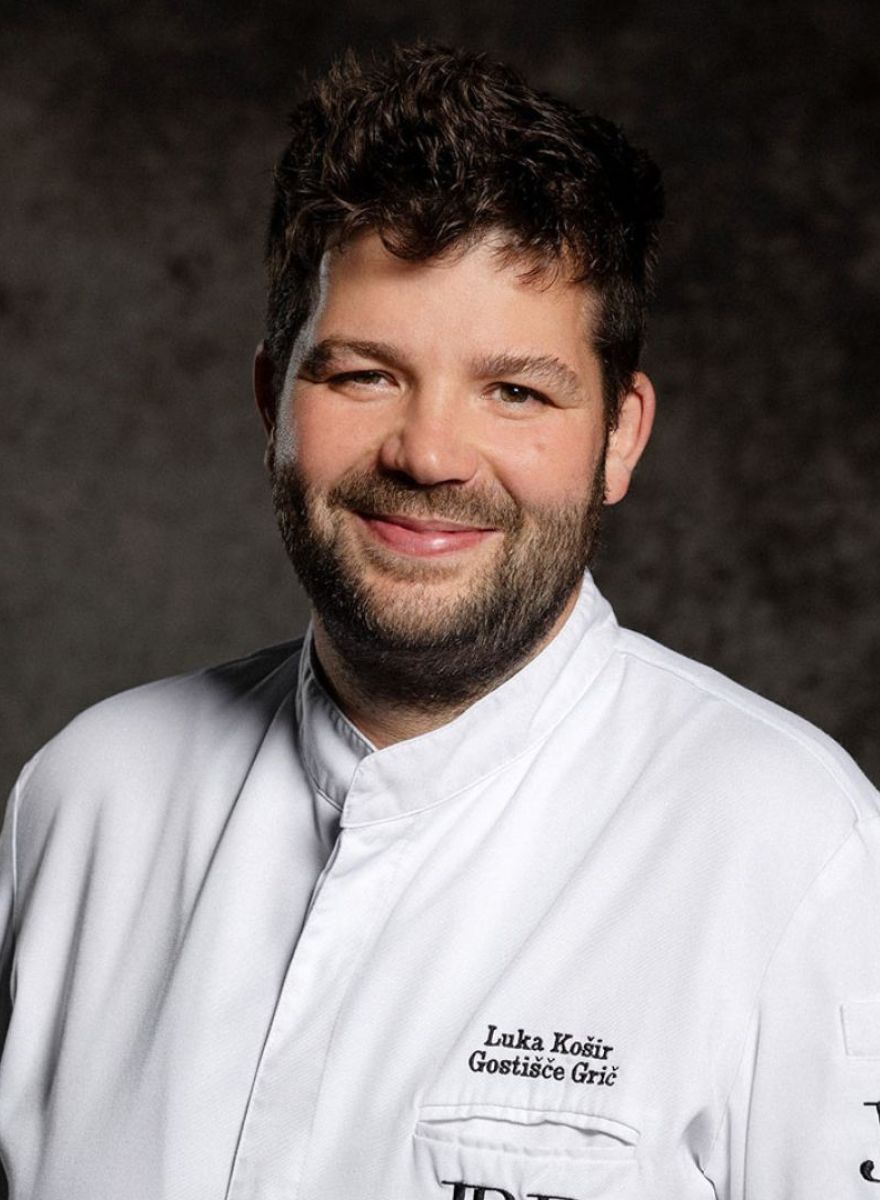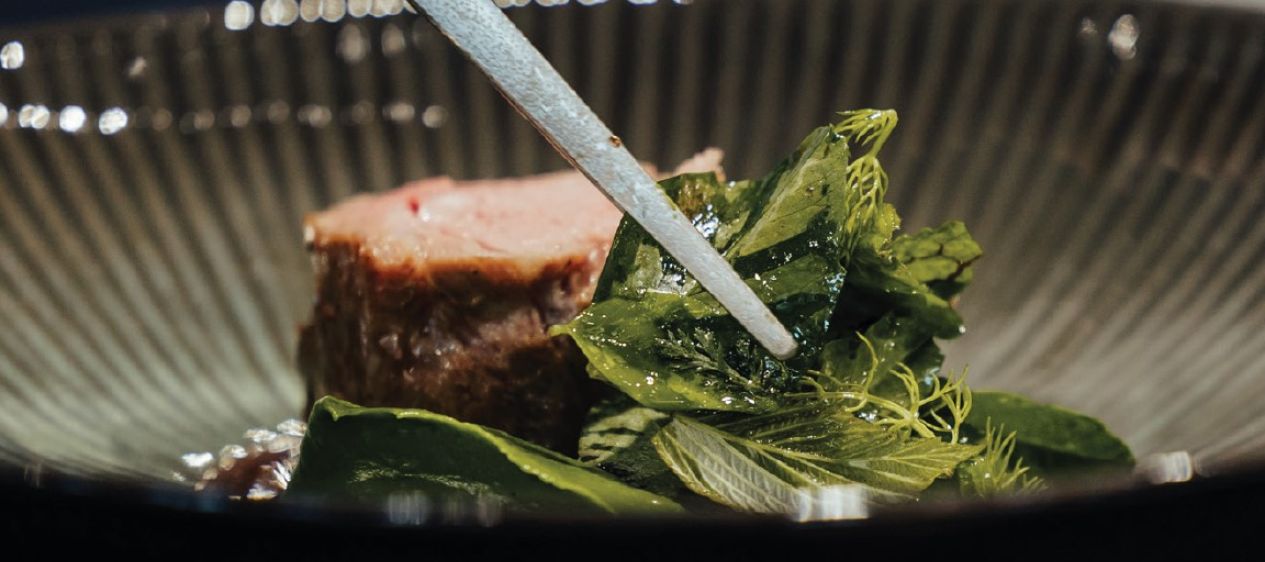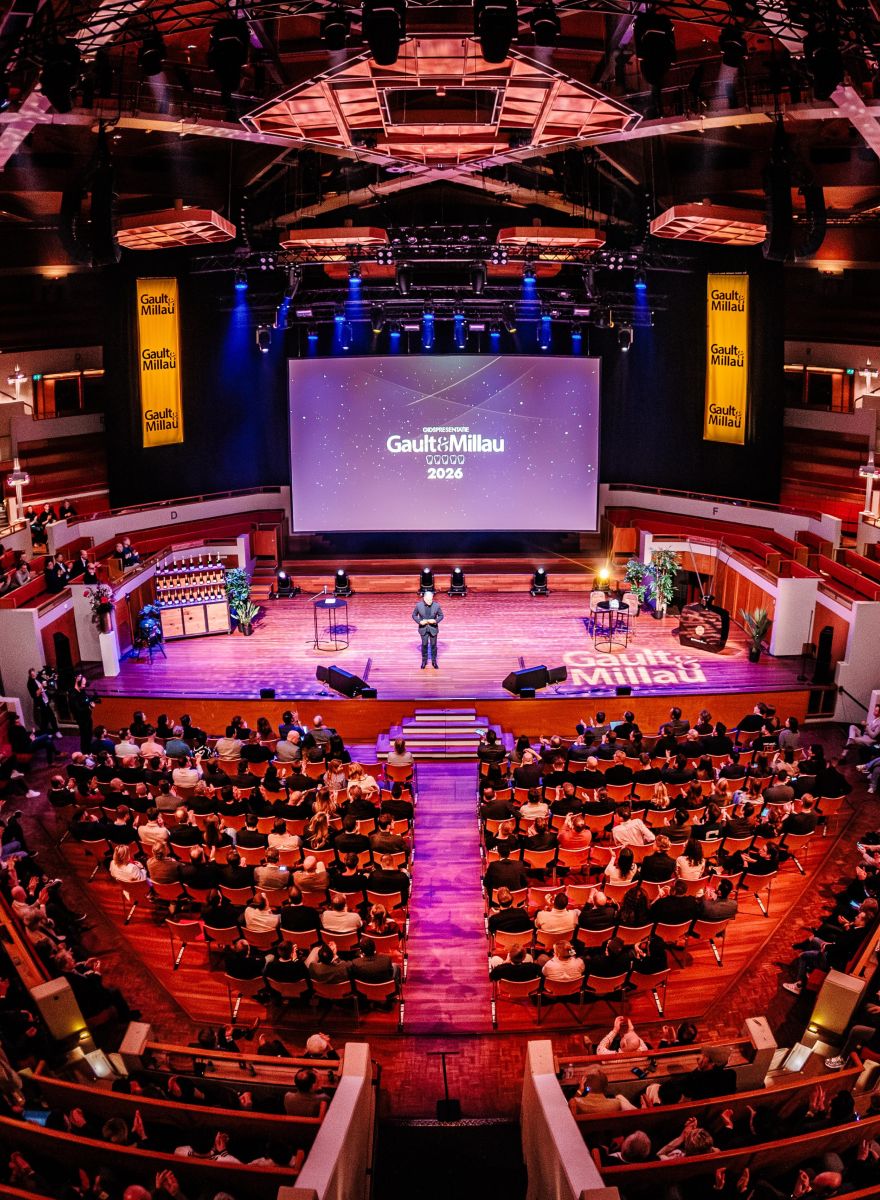Is sustainability in fine dining a necessity or an inspiration?
Sustainability in high-end gastronomy is no longer just a trend – it’s an ethical and business decision. The question is no longer whether, but how – and how far we can go. What does “zero waste” mean in practice? How can we extract the maximum from every ingredient, and can a kitchen be both inspiring and responsible at the same time? Today, top chefs are becoming ambassadors of a more thoughtful world – plate by plate.
We spoke with two JRE-Slovenia chefs who have both been awarded a Green Michelin Star: Luka Košir of Grič and Ksenija Mahorčič of Gostilna Mahorčič, who shared how sustainability is not just a method—but a way of life.
Zero waste, sustainability, responsible cooking… how do you put these values into practice at your restaurant?
Ksenija Mahorčič, Gostilna Mahorčič: Our nona lived the way we now call sustainable long before the word existed—she used everything that grew in the garden carefully in the kitchen, without waste, with respect for water, energy, and people. We simply continue her way of life. We cook seasonally, locally, and make use of everything, just as she did. Her values are the foundation of our work today.
Luka Košir, Grič: Sustainable habits at Grič began generations ago, as our location has always been quite remote. These values developed out of necessity and were passed down from generation to generation—not as a modern trend, but simply as a way of life and tradition.
Sustainability also means inner peace and the satisfaction of knowing I’m doing the right thing.
Gostilna Mahorčič


Has your sustainable approach influenced your suppliers—or even your guests?
Ksenija Mahorčič, Gostilna Mahorčič: Today, we’re connected with a wide network of suppliers, but we only work with those who share our values. We’re very proud of them—they say they’re proud to be part of our sustainability story too. And that feels good, when we sense their shared commitment, respect, and effort.
Luka Košir, Grič: Absolutely. All our suppliers must meet high standards. For example, when we started working with fish suppliers, I personally checked how they raise and kill the fish—to ensure it’s done humanely. I pass this knowledge on to my team and to our guests.
These values developed out of necessity and were passed down from generation to generation—not as a modern trend, but simply as a way of life and tradition
Grič
What would you advise chefs who want to work more sustainably—where should they begin?
Ksenija Mahorčič, Gostilna Mahorčič: Start with yourself—ask what kind of legacy you want to leave behind. Begin by choosing local ingredients and seasonal cooking, and by connecting with people who care about the environment. For me, sustainability also means inner peace and the satisfaction of knowing I’m doing the right thing—not just what sells or earns money, but something that lasts for future generations.
Luka Košir, Grič: For many, the strongest motivation is economics. Once you gain the knowledge to get the most out of basic ingredients, less waste means more usable material—which also means more profit. But the approach becomes truly genuine when it's driven by something more than just financial goals.







